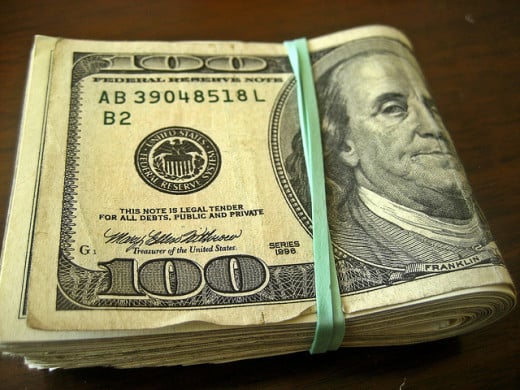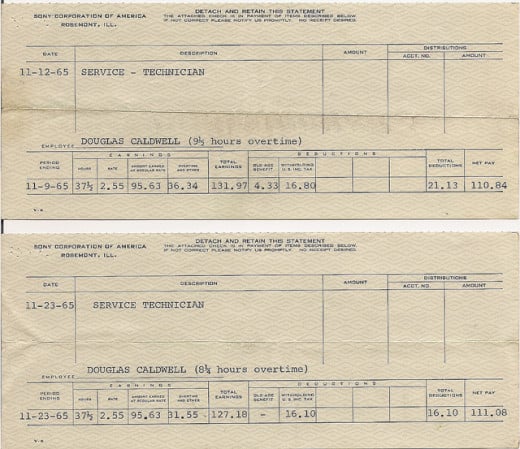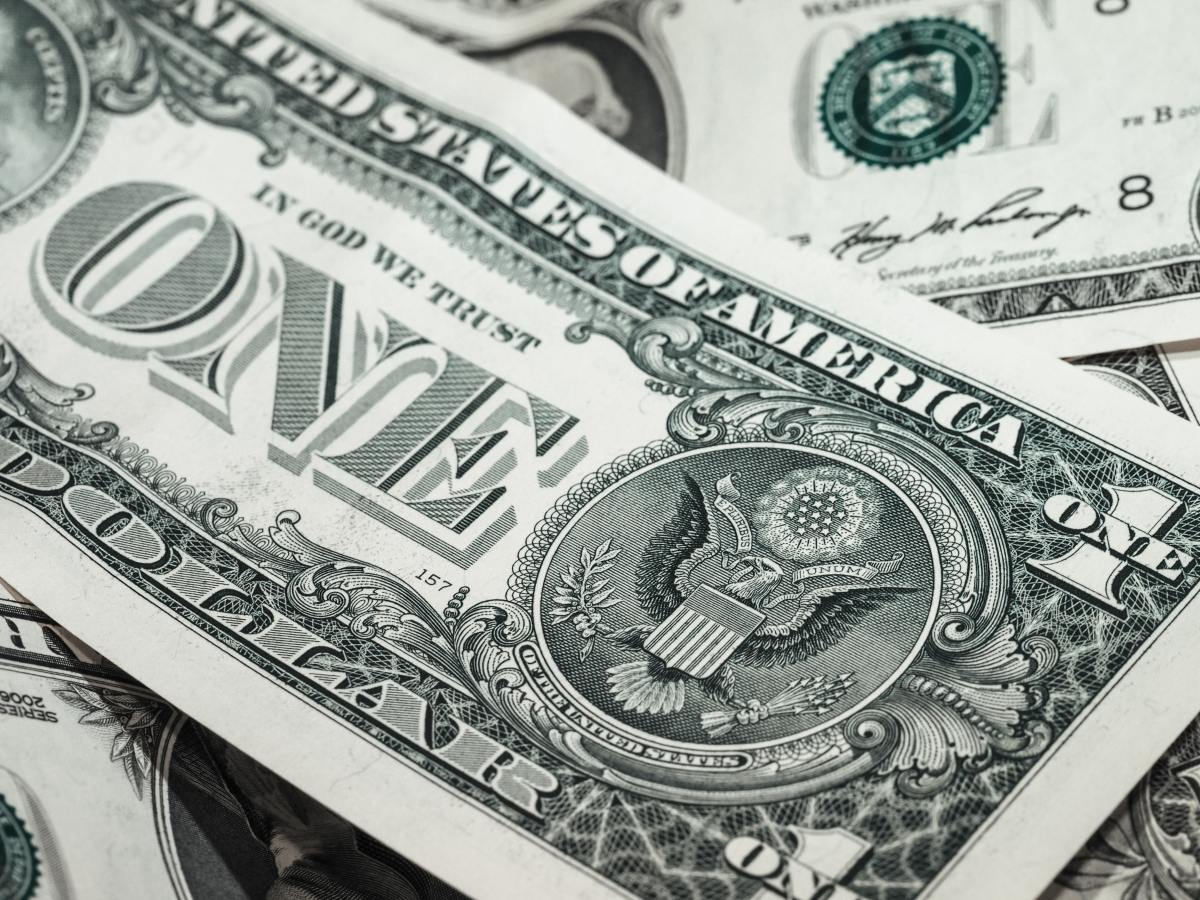5 Best Tips on How to Save Money on a Regular Basis - Find What Works for You

Figure Out What Savings Plan Works For You
There are thousands of articles out there on how to save money. Tips include everything from cutting down on eating out to making your own laundry detergent. And many more tips beyond that.
Cutting back in order to have more cash flow is certainly important. But what do you do with that cash flow? You can cut back all you want, but how does that penny earned turn into a tangible penny saved? In other words, how does that money saved get to a safe place where it can grow--like a savings account.
Many people have a hard time saving money for many reasons. Money is tight, bills are huge, and, let's face it, there are some cool ways to spend money out there. So what works for the person who has trouble saving?
To really save, you have to connect with some type of savings plan that works for your own style of living. A lot of people have a hard time saving, regardless of how much or how little they make. Basically, you have to find something that you can stick to on a consistent basis. Here are some suggestions.

1. Have Money Taken Out of Your Check
For those who don't have the discipline to deposit part of their checks in the bank the old-fashioned way, then maybe they should take themselves out of the equation. Money can be taken out of paychecks automatically before it ever touches employees' hands.
If money is tight, try putting away just a little. Can you do without five or ten bucks per month? Start with that, and maybe you will find other ways to save in order to grow your savings. Just starting with a few bucks gets you on the way to having a cushion, aka an emergency fund, to use if something unexpected happens.
For several years, I encouraged a close of friend of mine to put away just 20 bucks a month. Part of her argument against it was that it wasn't very much to save. My counterargument was that it would be the difference in her having money the next time she needed her car fixed rather than asking to borrow it from me. Yeah, I did that a few times. Should people loan money to their friends? Well, that's a whole other topic. If this particular friend had put away just a little a month, then she never would have had to borrow.
2. Get a Part-Time Job
Perhaps every penny in your paycheck is designated for something already. If that is the case, do you have time for a part time job? Delivering pizza? Doing a paper route? Writing online? Making and selling crafts? Finding extra junk around the house to sell on eBay?
Think about how many hours you have to devote to a part-time job. Then, whatever you make at that job, put the entire proceeds into a savings account. Imagine what that would come to in just one year! Calculate the amount of money you could make each month, and do the math!
3. Put Your Change in a Jar
The least one might do is to drop spare change in a jar. I mention this one--something I've seen several people do--because it really is a way to build a substantial sum of money. If you want to go larger than coins and really see the pot grow, then do the same thing with $1 bills in their own jar. These will really add up quickly.
If putting your coins in a jar or piggy bank is the only way you can save, then it's the way to go. When the money jar is full, take it to a bank that has one of those automatic coin counters and see how much you have. Then put it straight into your savings account. Convert your loose change into real money that will be there for you.
More Tips from a Certified Financial Planner
4. Save That Extra Paycheck!
Many people get paid every two weeks, which comes out roughly to twice per month. Most months do work out that way. So what do you do when you get paid three times in one month? There are actually 26, not 24, two-week pay periods in a year. A couple of times a year, that extra paycheck will happen.
I always got so excited about the third paycheck. It was a chance to get caught up if I needed to, but I usually just dropped it into my savings account as my two paychecks that month had already taken care of the bills. What do you do with that third paycheck?
I also do the same thing with unexpected income, such as bonuses. If I'm used to living on a set amount, why spend that bonus on living expenses or just blowing it and having nothing to show for it?
5. Cut Out an Expense--And Save That Money!
Look carefully at everything you purchase for a whole month. Even better, write everything down. Are there purchases on this list that you could do without?
If your dry cleaning bill per month is $50, and you've decided to cut out dry cleaning (I gave that up decades ago), then take 50 bucks every month and put it in the bank for tangible savings. It will add up!
A penny saved really is a penny earned. Sometimes the hardest part is finding a way to save that you can stick with consistently. I have implemented every one of these suggested money saving methods at one time or another (or am still doing them). Whatever the method that works for you, those coins are sure to add up and give you a cushion for a rainy day. It has sure worked for me.








